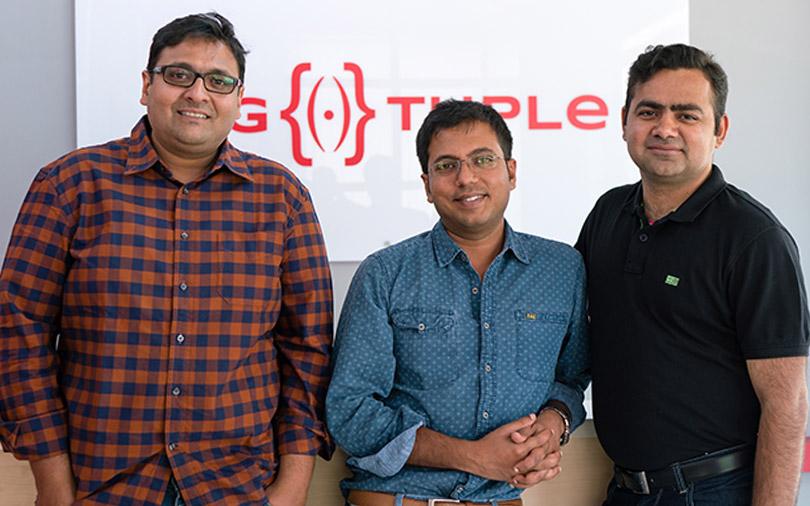Medical-technology startup SigTuple Technologies Pvt. Ltd has raised $19 million (around Rs 129 crore) in a Series B funding round led by existing investors Accel Partners and IDG Ventures India.
Other existing investors Endiya Partners, pi Ventures, VH Capital, Axilor Ventures and Flipkart co-founder Binny Bansal also participated in this round, the startup said in a statement.
The Bengaluru-based company has also raised venture debt from Trifecta Capital in this round, it said, without specifying the amount.
SigTuple will use the latest round of funding to power the assembly and distribution of its newly launched diagnostic machine AI100, research and development of new solutions and enhancements of the existing solutions, clinical trials and expanding its market.
The startup had raised $5.8 million (around Rs 38.8 crore) in a Series A funding in early 2017.
Prior to that, it had raised $740,000 in 2016 from Flipkart founders Sachin Bansal and Binny Bansal, Accel Partners and a few other angel investors, including former Biocon executive Nirupa Bareja and Amazon Lab126 executive Debanjan Mukherjee.
SigTuple was founded in 2015 by Tathagato Rai Dastidar, Rohit Kumar Pandey and Apurv Anand, who all previously worked at Big Data Labs of American Express. The startup builds cloud-based solutions for medical diagnosis using artificial intelligence techniques and has tied up with medical institutions to get data for the analysis. It has 90 employees, including doctors and data science engineers.
"There is a big opportunity to make healthcare accessible, affordable and accurate. We are gearing up to take our solutions and services to the larger population," said Pandey, who is also its CEO.
The company's main product is an AI solution called Manthana, which ingests visual medical data from different devices and builds a longitudinal memory. SigTuple said the product can train, validate and execute AI- and machine learning-powered models to classify various objects of interest, detect diseases and compute metrics for reporting. The metrics provided by the platform are supported by visual evidence which eliminates the need for the medical expert to sit next to the patient, medical device or biological sample, it added.
"More than a billion blood tests are done in India every year. We recognise the potential value a technology like AI can bring to the pathology domain. The founders have brought solutions using AI that can assist pathologist look at data more effectively," said Ranjith Menon, executive director, IDG Ventures India.
SigTuple is using Manthana to provide solutions for automated analysis of peripheral blood smears, urine and semen samples, and retinal scans. As of now, the AI100 can only diagnose blood samples but soon will have the capability to analyse urine and semen samples as well. The company has also filed for more than a dozen patents and has published research papers in medical and computer science journals, it said.
"Pathology has remained largely undisturbed by use of new technology so far. SigTuple, powered by latest computer vision, AI algorithms and robotics has the potential to disrupt the whole landscape of $150 billion digital pathology market. Their products make basic pathology affordable and accessible to all with a high degree of accuracy," said Manish Singhal, co-founder of pi Ventures.
SigTuple is among a growing number of health-tech startups that are using emerging technologies such as AI and ML, and who have attracted investors.
Axilor, pi Ventures and Binny Bansal have backed another AI-based breast cancer diagnostic startup Niramai.
Earlier this year, MedGenome, a genomics-based diagnostics and research firm, had raised $40 million from investors including HDFC Ltd and its associates.
Qure.AI is another startup, whose algorithms can simultaneously look for and diagnose more than 15 diseases from a single sample. The US- and India-based startup has so far let the computers read almost a million data points to make its diagnosis.







